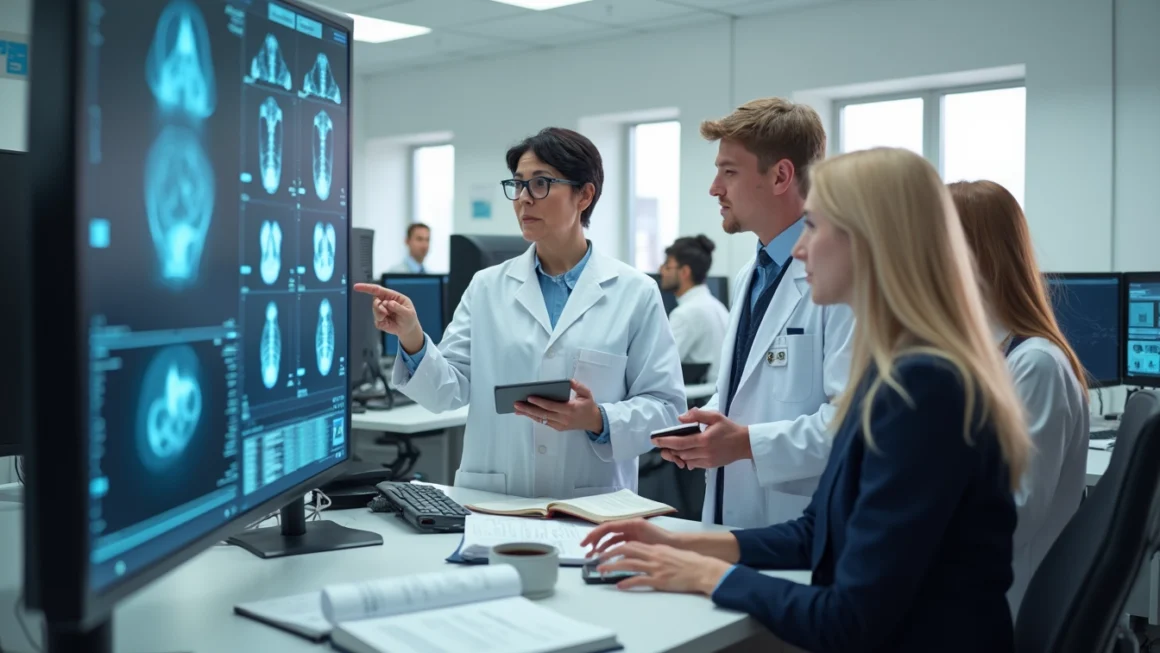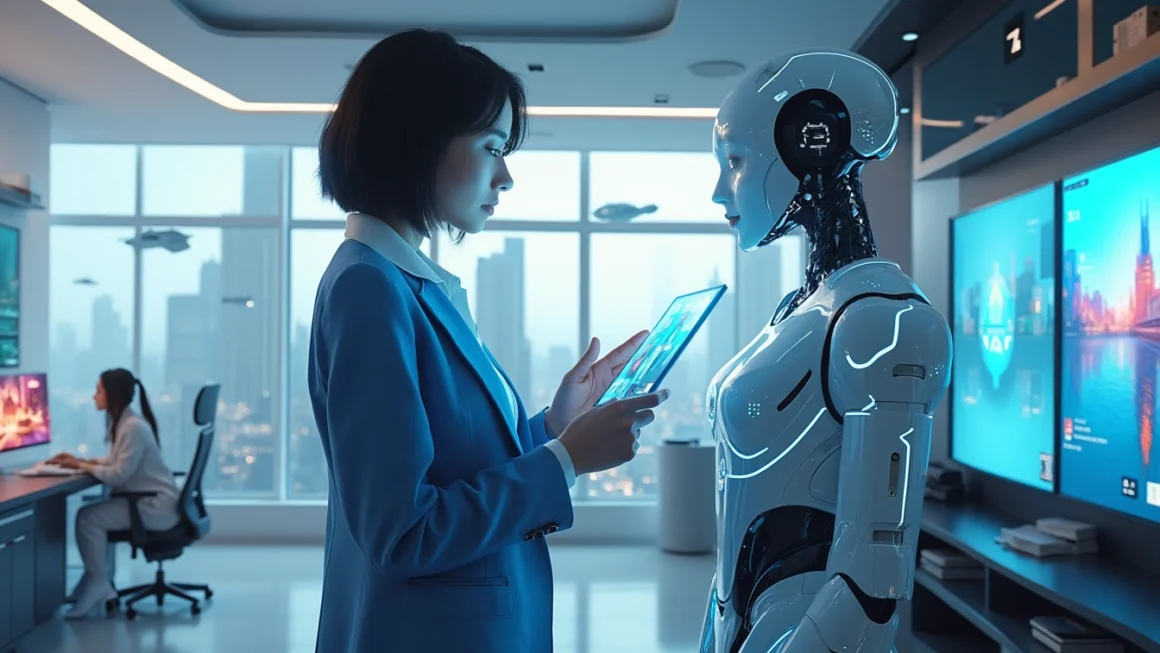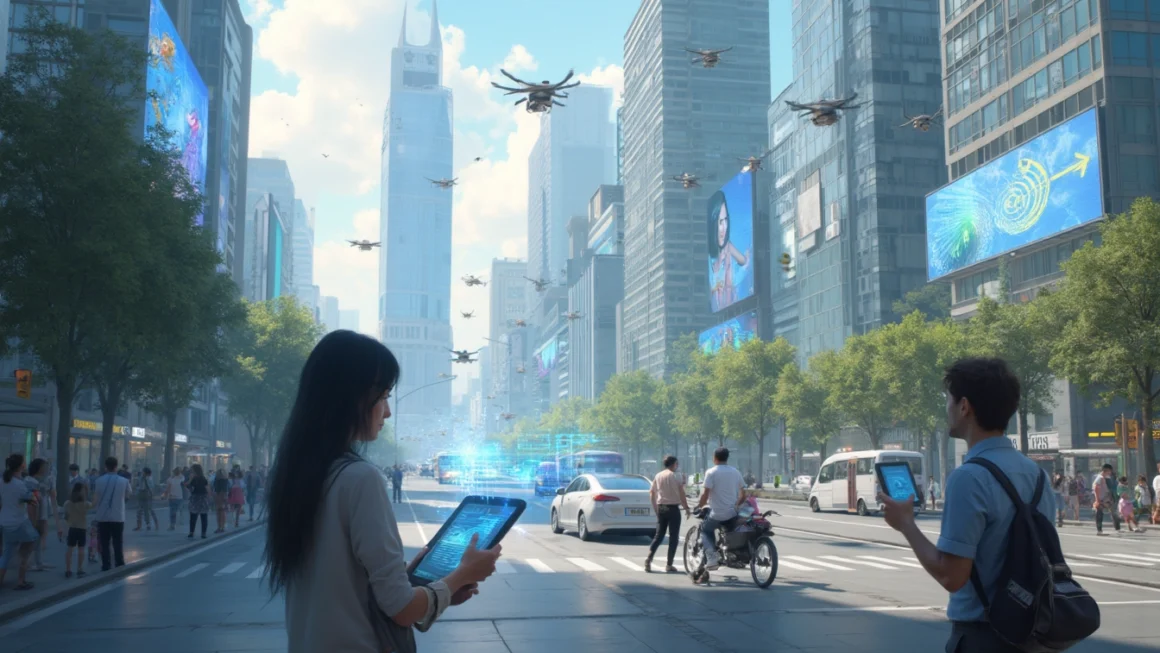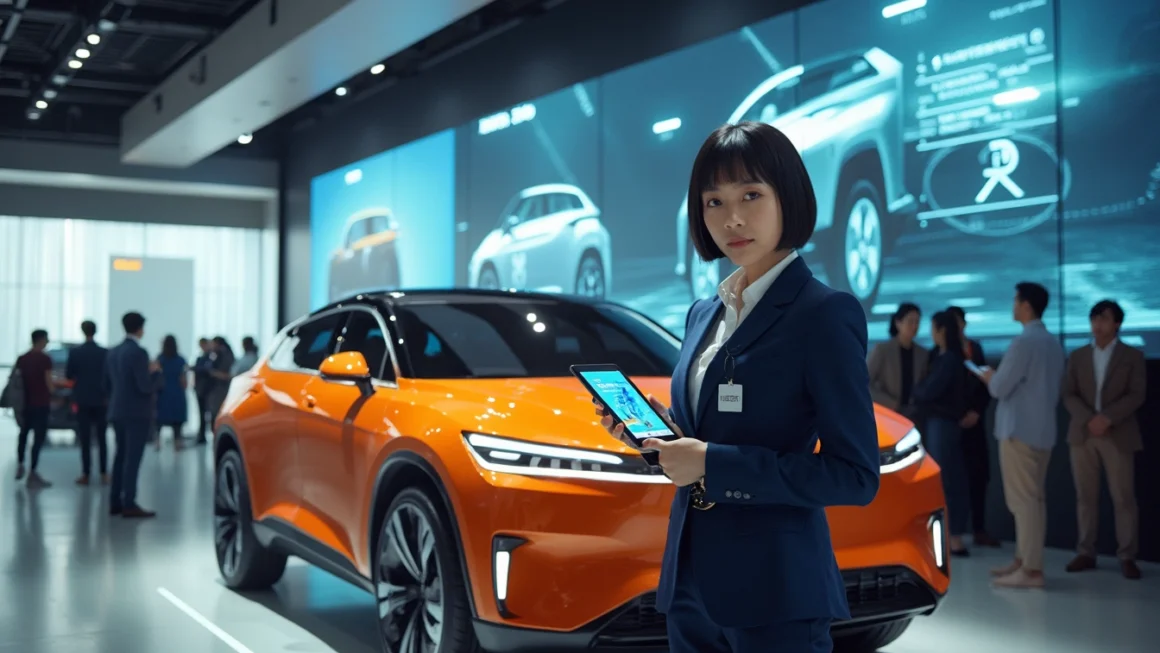In a world where technology continues to evolve at a rapid pace, artificial intelligence (AI) has emerged as a groundbreaking force, revolutionizing various industries. One area where AI is making significant strides is in the realm of healthcare, particularly in the field of cancer diagnosis. Recent developments have shown that AI-powered systems are not only matching but potentially surpassing human experts in detecting certain types of cancer.
The Power of AI in Cancer Detection
Table of Contents
A team of researchers from Karolinska Institute in Sweden has made a remarkable breakthrough in utilizing AI for breast cancer diagnosis. Their study, which involved analyzing over 200,000 mammograms, demonstrated that AI algorithms could detect breast cancer with an accuracy comparable to that of two human experts working together.
This advancement is particularly significant because:
- It has the potential to reduce workload for radiologists
- It may lead to earlier cancer detection, improving patient outcomes
- It could help address the shortage of specialists in many healthcare systems
How AI Compares to Human Experts
The study’s findings are truly impressive. The AI system showed a level of accuracy that was on par with two radiologists working in tandem. In some instances, it even outperformed human experts. This doesn’t mean that AI will replace human doctors, but rather that it can serve as a powerful tool to enhance their capabilities and efficiency.
Key Advantages of AI in Cancer Diagnosis
- Consistency: AI doesn’t suffer from fatigue or distractions
- Speed: Can analyze large volumes of data quickly
- Pattern Recognition: Able to detect subtle patterns that might be missed by human eyes
Implications for the Future of Healthcare
The integration of AI in cancer diagnosis opens up exciting possibilities for the future of healthcare. As these systems continue to improve, we can expect to see:
- More accurate and earlier cancer detection
- Reduced waiting times for diagnosis
- Improved allocation of healthcare resources
- Enhanced decision-making support for doctors
While the potential benefits are enormous, it’s important to note that AI is not intended to replace human expertise but to augment it. The ideal scenario is a collaboration between AI systems and human professionals, combining the strengths of both to provide the best possible care for patients.
Challenges and Considerations
Despite the promising results, there are still challenges to overcome before AI can be widely implemented in clinical settings:
- Regulatory approval: Ensuring AI systems meet stringent healthcare standards
- Integration with existing systems: Seamlessly incorporating AI into current healthcare workflows
- Training and adaptation: Preparing healthcare professionals to work effectively with AI tools
- Ethical considerations: Addressing concerns about data privacy and decision-making transparency
The Road Ahead
As AI continues to evolve, its role in healthcare is likely to expand. Future developments may include:
- AI-assisted treatment planning
- Predictive analytics for patient outcomes
- Personalized medicine based on individual genetic profiles
The potential for AI to transform healthcare is vast, and we are only beginning to scratch the surface. As we move forward, it’s crucial to strike a balance between embracing technological advancements and maintaining the human touch that is so essential in medicine.
Embracing the AI Revolution in Healthcare
The integration of AI in cancer diagnosis represents a significant step forward in the field of healthcare. As we continue to explore the possibilities of this technology, it’s important to remember that the ultimate goal is to improve patient care and outcomes.
By harnessing the power of AI, we can create more efficient, accurate, and accessible healthcare systems. This not only benefits patients but also supports healthcare professionals in their vital work. Automation tools like those used in AI development are paving the way for innovative solutions across various industries, including healthcare.
As we look to the future, the collaboration between human expertise and artificial intelligence holds the promise of revolutionizing cancer diagnosis and treatment, ultimately saving more lives and improving the quality of care for patients worldwide.




